Feature: Helen Reddy - The Woman Who Roared
As the world says goodbye to a legend, one man says goodbye to an old friend.

I was a precocious child. I don't know whether that quality in a seven-year-old is nature or nurture, but anyone who knew my family growing up would probably say it was a combination of both. Precocity in grade school does not leave a lot of room for an abundance of friendships, but I did have one friend who was always there for me: my mother. Not surprisingly, this Mama's Boy loved his Mama, we were best friends, and she was my go-to for everything, which is how I ended up a fan of Helen Reddy.
Juana Mosher listened to a lot of groovy music - The Rolling Stones, Paul Simon, The Mamas and The Papas. One of the cool moms in whatever town or city in which we were living during my formative years, Mama was a strong, strong-willed, opinionated, outspoken woman who taught me to respect myself and to respect the female sex ("Never argue with women, Stevie, they're stronger, they're smarter, and they always win.") Definitely a feminist, her musical tastes leaned toward the women whose stories, outlooks, philosophies matched hers, women like Carole King, Roberta Flack, Carly Simon, and Helen Reddy. I was ten years old when I heard the song "You and Me Against the World" - I heard that little child on the recording say "I love you Mommy" and the singer said back, "I love you too, baby" the same way my mom always did and my ears zeroed in, with laser-like precision, to learn who the singer was and what her every record was. Before long, I had absconded with my mother's albums and started using my weekly allowance to buy more Helen Reddy. My tastes had changed from movie musical soundtracks to songs from the radio - maybe it wasn't as rock and roll based as some of the music the kids at school were listening to, but it wasn't "High Society" and "My Fair Lady" so I felt a little like a grown up - maybe even one of the cool kids.
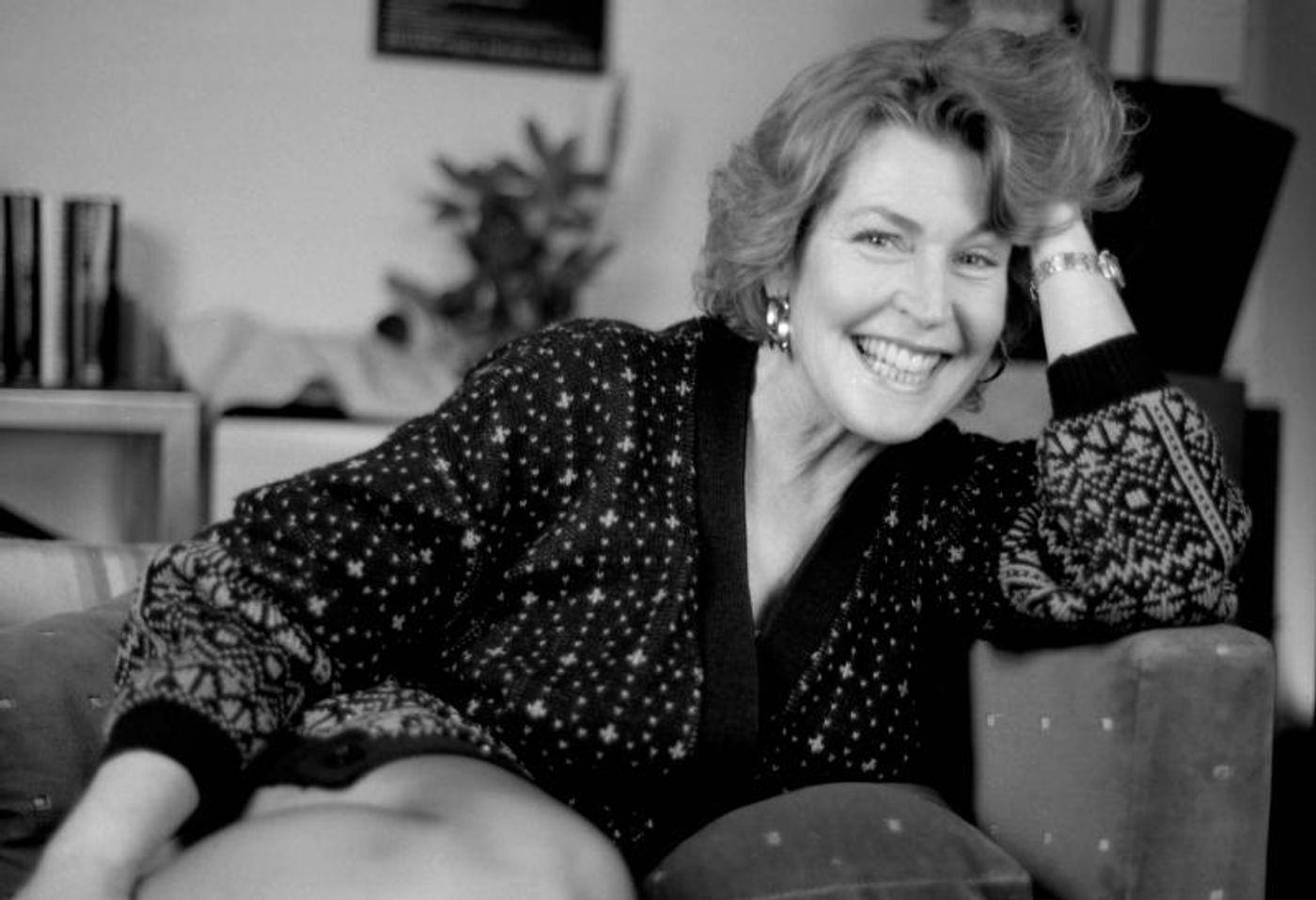 There was something special about Helen Reddy that even a child could relate to, or at least this child. The female singers of the 1960s and '70s all had a sound, they all had a voice that went beyond their instrument to the style of music that they sang, the lyrics they used to say what they wanted to say. There have been periods of time in the history of music when a voice on the radio might not be distinct enough to know who the performer is, until the DJ announced it, but that was not the case with Helen Reddy. Even when the music industry had more female singers on the airwaves, Reddy's sound was unique, it was inimitable - you always knew a Helen Reddy song when it came on the radio. Those early albums of the 1970s, though, were the musical playground where her fandom was built, especially at our house. Long Hard Climb, I Am Woman, and Free and Easy were the albums my Mama played when she was going about her day, and the clear, bell-toned sounds of Helen Reddy's voice resonated through the sun-filled air of the homefront, emotion-laden, overflowing with nuance and stories, and a little boy was wildly enticed by those stories. He wasn't old or worldly enough to understand them, which made the tales even more titillating. What was the problem with Ruby Red Dress? What drove Delta Dawn crazy? And WHAT was up with Angie Baby? There's a big learning curve when you go from "My Favorite Things" and "Put On Your Sunday Clothes" to "Where is My Friend?" and "Emotion." It was a place of evolution for me, especially that first time hearing "The West Wind Circus" because I had never heard a song constructed to tell a story the way that tune did, and with her superb acting skills and vocal training, Helen Reddy left this (by that time) thirteen-year-old as devastated as though he had just seen Romeo and Juliet. More than her contribution to my life as an artist, though, Helen's work provided great personal solace in times of need, whether I was feeling down, lonely, sad, or angry.
There was something special about Helen Reddy that even a child could relate to, or at least this child. The female singers of the 1960s and '70s all had a sound, they all had a voice that went beyond their instrument to the style of music that they sang, the lyrics they used to say what they wanted to say. There have been periods of time in the history of music when a voice on the radio might not be distinct enough to know who the performer is, until the DJ announced it, but that was not the case with Helen Reddy. Even when the music industry had more female singers on the airwaves, Reddy's sound was unique, it was inimitable - you always knew a Helen Reddy song when it came on the radio. Those early albums of the 1970s, though, were the musical playground where her fandom was built, especially at our house. Long Hard Climb, I Am Woman, and Free and Easy were the albums my Mama played when she was going about her day, and the clear, bell-toned sounds of Helen Reddy's voice resonated through the sun-filled air of the homefront, emotion-laden, overflowing with nuance and stories, and a little boy was wildly enticed by those stories. He wasn't old or worldly enough to understand them, which made the tales even more titillating. What was the problem with Ruby Red Dress? What drove Delta Dawn crazy? And WHAT was up with Angie Baby? There's a big learning curve when you go from "My Favorite Things" and "Put On Your Sunday Clothes" to "Where is My Friend?" and "Emotion." It was a place of evolution for me, especially that first time hearing "The West Wind Circus" because I had never heard a song constructed to tell a story the way that tune did, and with her superb acting skills and vocal training, Helen Reddy left this (by that time) thirteen-year-old as devastated as though he had just seen Romeo and Juliet. More than her contribution to my life as an artist, though, Helen's work provided great personal solace in times of need, whether I was feeling down, lonely, sad, or angry.
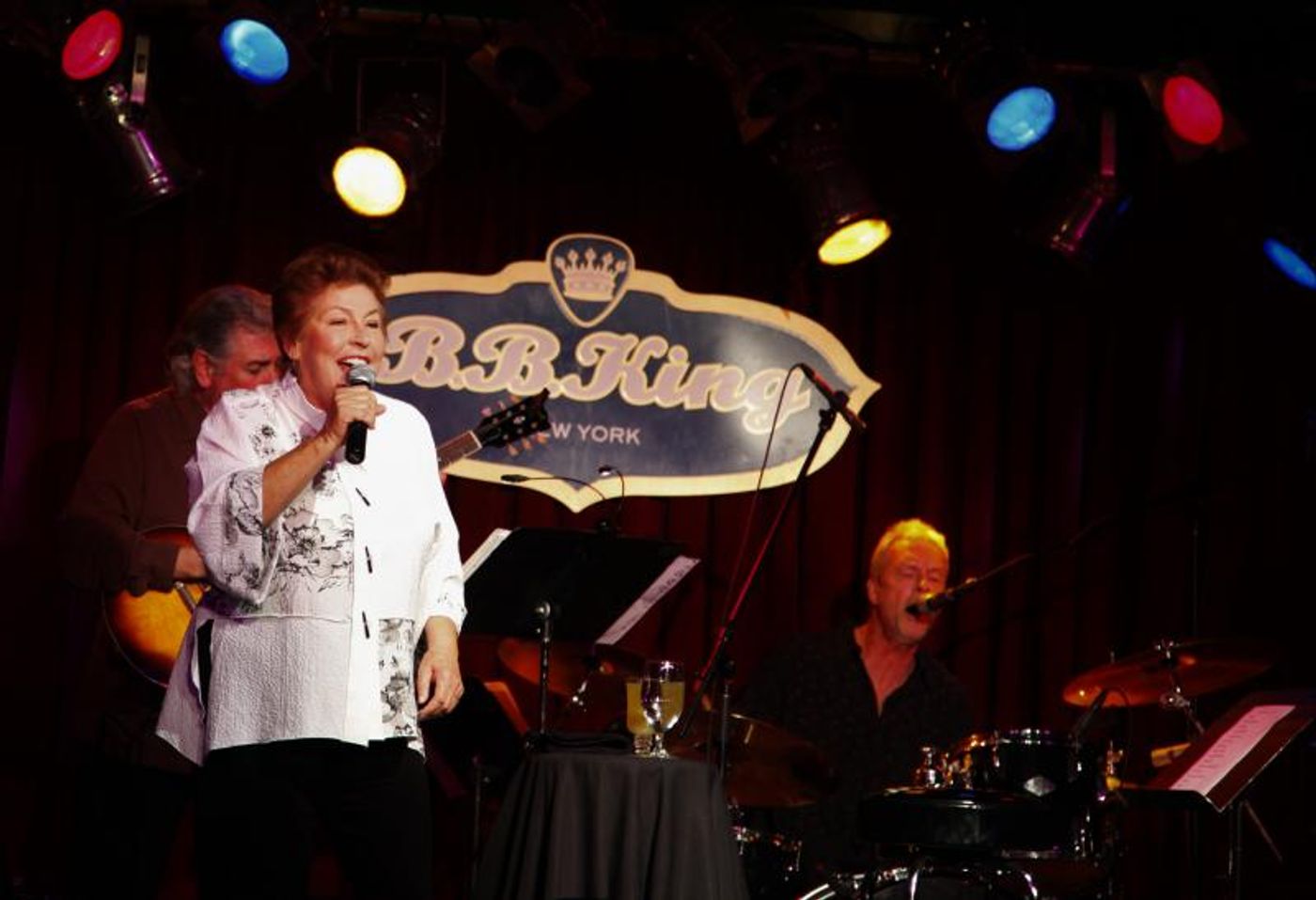 That year when I was thirteen, I had to be separated from my mother. My youngest brother was diagnosed with developmental delays and Mama had to take him back to The States so that he could be tested by specialists who would determine the level of his mental capacity. He being best friends with our middle brother, my parents made the decision to send both boys to America with Mom. Three months later, after some weighty disagreements with my sister, my father decided she should join the other three in Texas. I was alone in one foreign country, preparing to move to a different foreign country, with a father who worked all the time, and with whom I had very little in common, and a very active status as the school punching bag. Listening to Helen Reddy's music made me feel close to my mother for the (nearly) year that we were apart.
That year when I was thirteen, I had to be separated from my mother. My youngest brother was diagnosed with developmental delays and Mama had to take him back to The States so that he could be tested by specialists who would determine the level of his mental capacity. He being best friends with our middle brother, my parents made the decision to send both boys to America with Mom. Three months later, after some weighty disagreements with my sister, my father decided she should join the other three in Texas. I was alone in one foreign country, preparing to move to a different foreign country, with a father who worked all the time, and with whom I had very little in common, and a very active status as the school punching bag. Listening to Helen Reddy's music made me feel close to my mother for the (nearly) year that we were apart.
It still does. It always will.
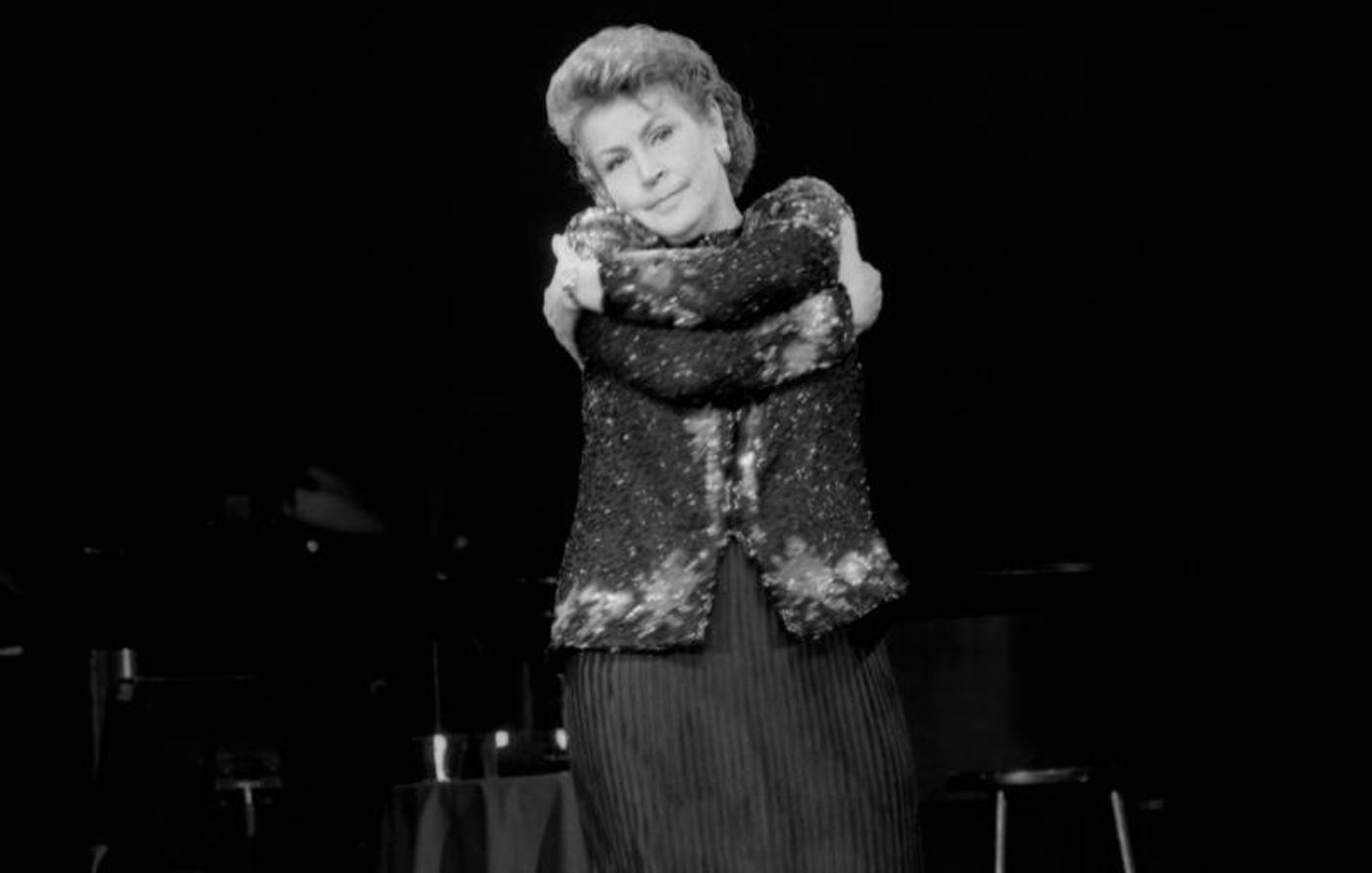 I got to see Helen live a few times, in some wildly different settings. Seeing Helen Reddy live was always a fascinating experience because she was so powerful, so much an individual. Helen appreciated her audience, she bonded with them, played with them, toyed with them, and she sang for them and TO them - but she never pandered to them. Helen Reddy was always strong on stage - strong of voice and strong of personality. The first time I saw her was in the mid 1980s in a gay bar called The Old Plantation on the main drag of the Dallas gay district, and don't think I wasn't beside myself to see my lifelong idol in person. It was, admittedly, a little strange that pop singer Helen Reddy was playing a gay club, and (speaking honestly) a not very nice one, but it was the main gay bar of Dallas at the time, it had the biggest square footage and did the biggest business, so that was where it had to be. There was no band, no pianist, in fact, there was nobody. There was a crowd, respectable but neither over nor underwhelming, and there was Helen Reddy, pretty and petite in a little beaded red dress; she sang five songs to a track and she said goodnight. She chatted a little between songs, joking with the crowd as she told them that the hit people always wanted to talk about with her was "Angie Baby", always asking what it meant. That sly Reddy grin on her face she said, "It means whatever you think it means."
I got to see Helen live a few times, in some wildly different settings. Seeing Helen Reddy live was always a fascinating experience because she was so powerful, so much an individual. Helen appreciated her audience, she bonded with them, played with them, toyed with them, and she sang for them and TO them - but she never pandered to them. Helen Reddy was always strong on stage - strong of voice and strong of personality. The first time I saw her was in the mid 1980s in a gay bar called The Old Plantation on the main drag of the Dallas gay district, and don't think I wasn't beside myself to see my lifelong idol in person. It was, admittedly, a little strange that pop singer Helen Reddy was playing a gay club, and (speaking honestly) a not very nice one, but it was the main gay bar of Dallas at the time, it had the biggest square footage and did the biggest business, so that was where it had to be. There was no band, no pianist, in fact, there was nobody. There was a crowd, respectable but neither over nor underwhelming, and there was Helen Reddy, pretty and petite in a little beaded red dress; she sang five songs to a track and she said goodnight. She chatted a little between songs, joking with the crowd as she told them that the hit people always wanted to talk about with her was "Angie Baby", always asking what it meant. That sly Reddy grin on her face she said, "It means whatever you think it means."
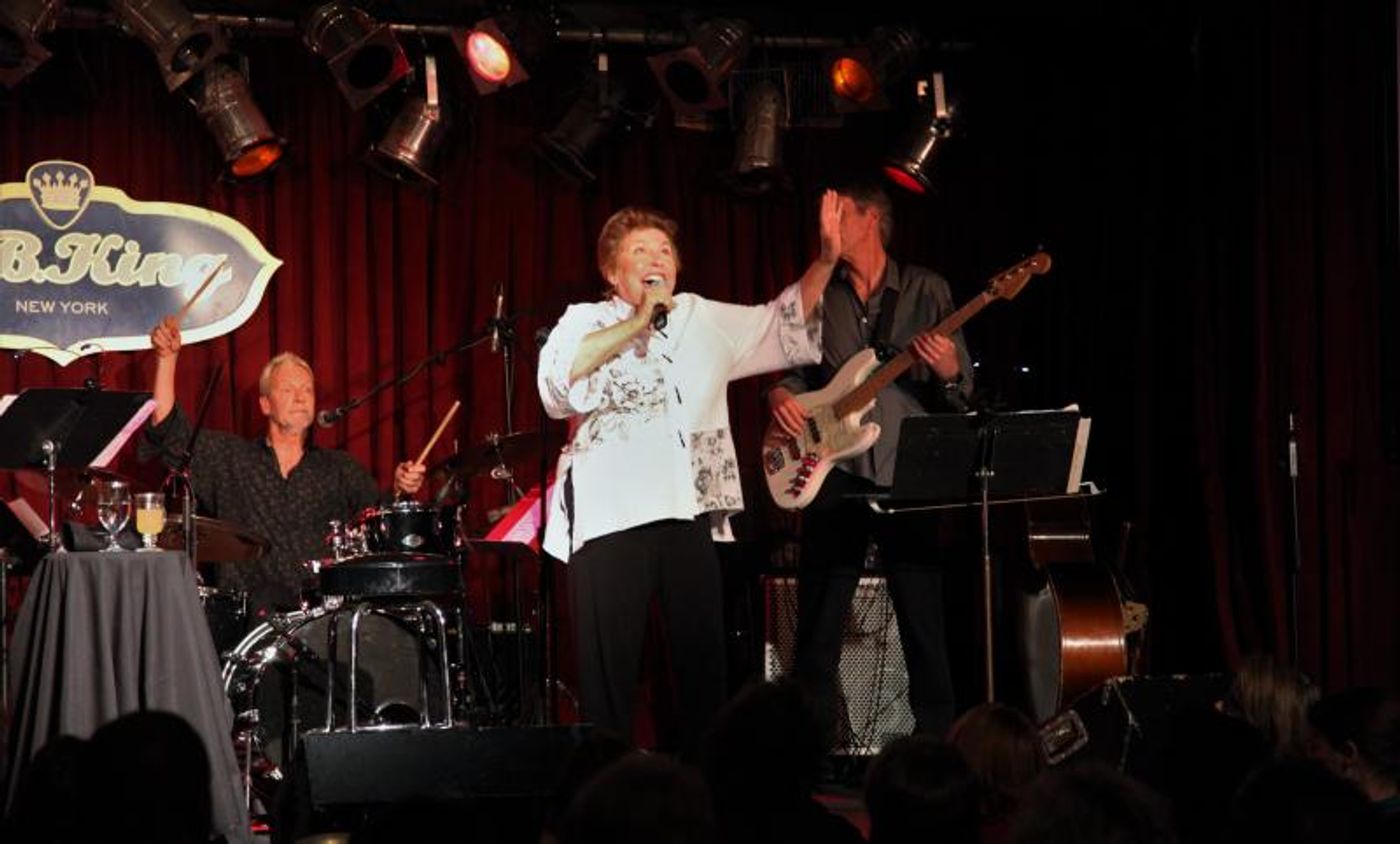
The last time I saw Helen perform was March 23rd, 2013, at BB King's and the dry sense of humor was still there, as was the voice - she sang all of her songs in the same keys she used decades earlier and, trust me, I know the keys she used for those songs. Helen opted out of singing her signature song, preferring, instead, to recite her lyrics to I AM WOMAN as a poem in a moment that had the audience both thrilled and entranced. That is because Helen was always determined to do things her own way; like the time she sang at Rainbow And Stars, confessing to the audience that her invitation to sing in the cabaret nightclub came with an insistence that the show include a Christmas song, a suggestion that did not fit her vision for the show. Informing the audience that her next number was her version of a Christmas song, she sang the Billy Joel classic "New York State of Mind" - her very last sentence in the number was "I'm in a Christmas state of mind" while her pianist delicately added light strains of "Jingle Bells" as the lights went down. I never saw Helen Reddy give anything less than everything she had when she was working. Whether with tracks, a full band, the Broadway cast of Blood Brothers or all alone, cooking and talking to the audience as Shirley Valentine, her work and her work ethic were of vital importance to her, and it showed. It was, though, off of the stage and out of the spotlight where Helen's heart shone the greatest.
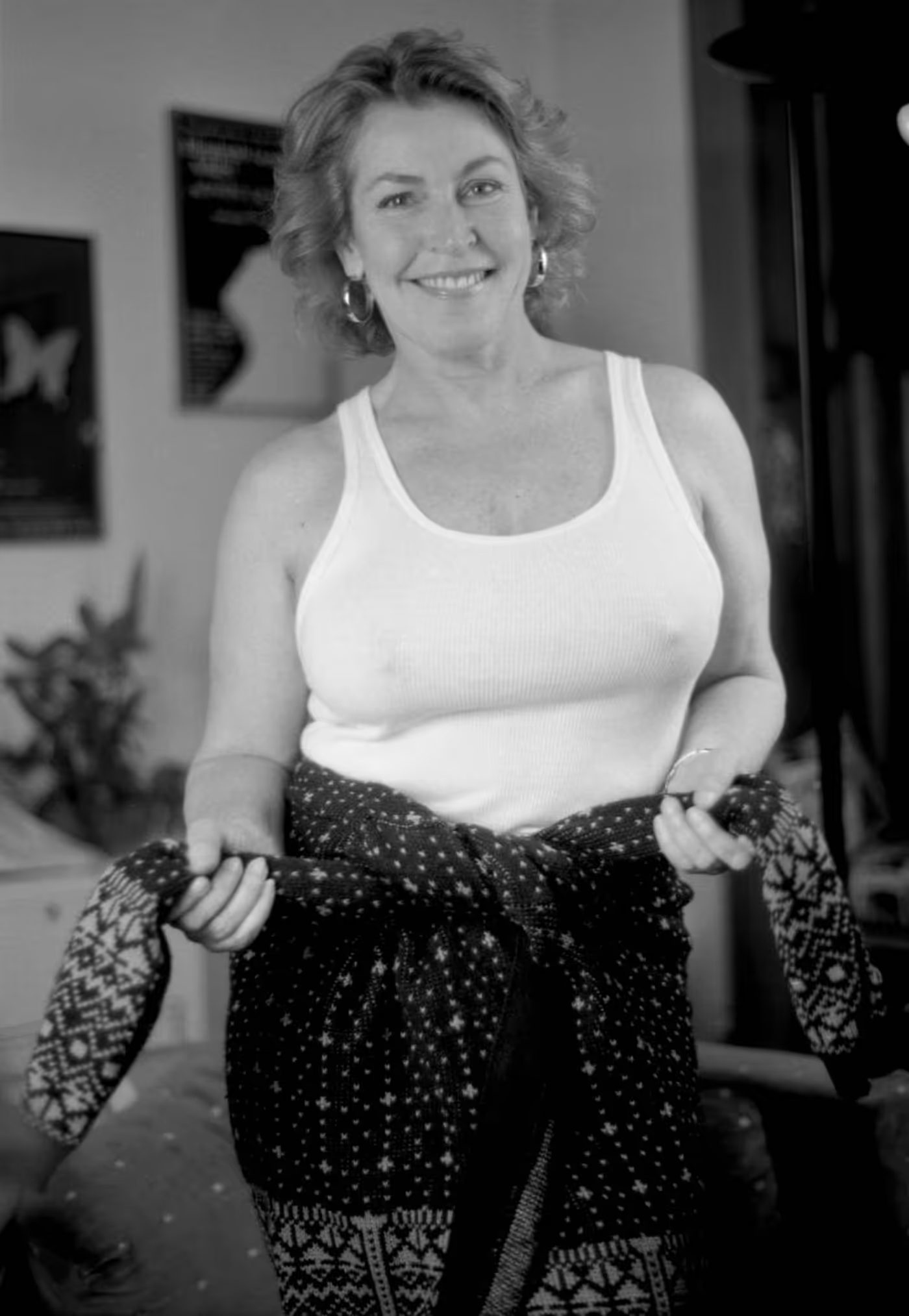 I moved to New York in 1993 to work on The Sweater Book and I was determined to get Helen Reddy to sit for the book, but didn't know how. As the months and the work flew by, I never took my mind off the quest to get Helen Reddy in my book, and the universe conspired to make it happen: I read in the paper that Helen Reddy was going into the play Blood Brothers. I don't remember how many times I wrote to Helen but when the show closed in April, I had not successfully landed her for The Sweater Book, I was sad, but I had to keep moving. Months later, on December 13th, my friend Nancy LaMott died. On December 14th, my phone rang and a voice said, "Stephen, this is Helen Reddy."
I moved to New York in 1993 to work on The Sweater Book and I was determined to get Helen Reddy to sit for the book, but didn't know how. As the months and the work flew by, I never took my mind off the quest to get Helen Reddy in my book, and the universe conspired to make it happen: I read in the paper that Helen Reddy was going into the play Blood Brothers. I don't remember how many times I wrote to Helen but when the show closed in April, I had not successfully landed her for The Sweater Book, I was sad, but I had to keep moving. Months later, on December 13th, my friend Nancy LaMott died. On December 14th, my phone rang and a voice said, "Stephen, this is Helen Reddy."
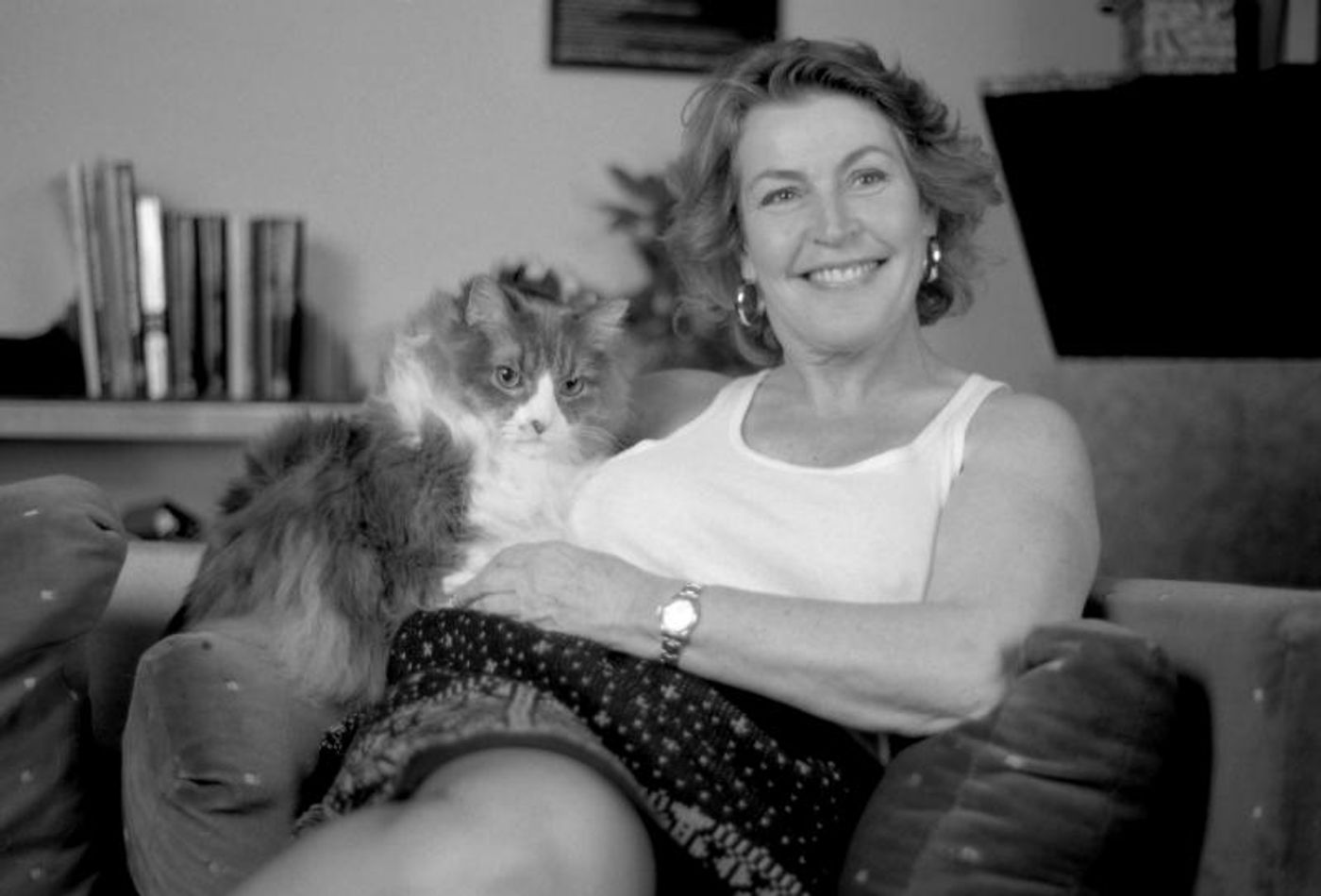 One week later, I climbed the stairs to the top floor and knocked on the door behind which Richard Hillman lives. One of Helen's closest friends, the beloved show business publicist was hosting her while she was in town, and he in his nightshirt, and Helen in a tank top and boxers, gave me one of the silliest, sexiest, sassiest photo shoots ever, and in doing so, they lifted me out of the darkness, where I was mourning Nancy. Helen chose the clothing she wore because she had recently dropped a healthy bit of weight by swimming, daily, at the gym on 49th street, and she wanted to "show off the girls." She announced she was a woman in her fifties and she wanted to look that way, so would I please not retouch the photos? She also said she wanted Lysander, Richard's cat, on her lap so she could say she had "done a p*ssy shot." Helen Reddy was a naughty girl, and I think she liked that about herself - it was clear that Richard and I both loved it about her. And if the thrill of photographing my lifelong idol and direct line to my mother's soul inside of me weren't enough, when our work was done, while I put away my lights, Helen and Richard stood in the middle of the room, singing to one of her records ("Anything but I Am Woman!") as I watched, delirious, maybe dead, maybe dreaming. In a deft move, Helen reached out, swooped me up and insisted I sing with them, and two gay men and their favorite diva of a pop singer threw their heads up to the Yuletide sky and howled at the moon: "Call on me, baby I'll be your audience!"
One week later, I climbed the stairs to the top floor and knocked on the door behind which Richard Hillman lives. One of Helen's closest friends, the beloved show business publicist was hosting her while she was in town, and he in his nightshirt, and Helen in a tank top and boxers, gave me one of the silliest, sexiest, sassiest photo shoots ever, and in doing so, they lifted me out of the darkness, where I was mourning Nancy. Helen chose the clothing she wore because she had recently dropped a healthy bit of weight by swimming, daily, at the gym on 49th street, and she wanted to "show off the girls." She announced she was a woman in her fifties and she wanted to look that way, so would I please not retouch the photos? She also said she wanted Lysander, Richard's cat, on her lap so she could say she had "done a p*ssy shot." Helen Reddy was a naughty girl, and I think she liked that about herself - it was clear that Richard and I both loved it about her. And if the thrill of photographing my lifelong idol and direct line to my mother's soul inside of me weren't enough, when our work was done, while I put away my lights, Helen and Richard stood in the middle of the room, singing to one of her records ("Anything but I Am Woman!") as I watched, delirious, maybe dead, maybe dreaming. In a deft move, Helen reached out, swooped me up and insisted I sing with them, and two gay men and their favorite diva of a pop singer threw their heads up to the Yuletide sky and howled at the moon: "Call on me, baby I'll be your audience!"
Best. Christmas. Present. Ever.
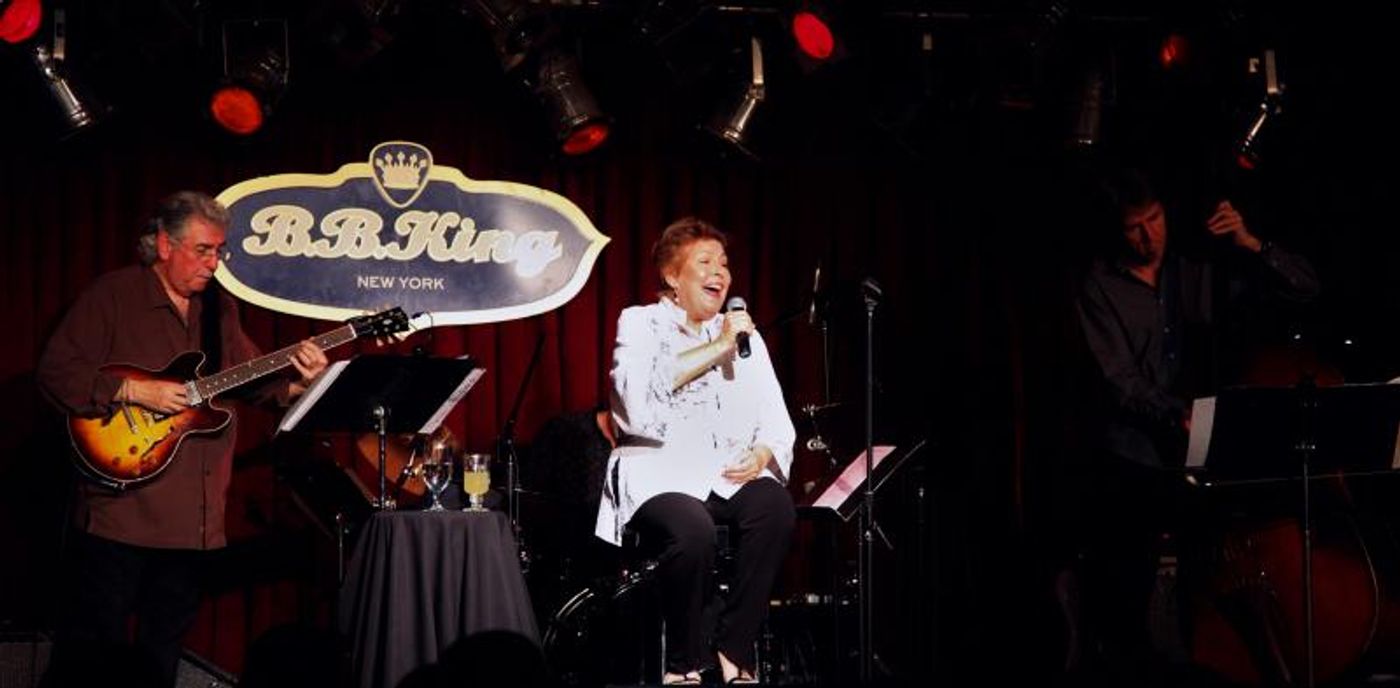
My most treasured moment with Helen Reddy, though, didn't belong to me. It happened at that Christmas concert at Rainbow and Stars, which I took my parents to see. I had an opportunity to take my mother and father to see a singer they had both loved for years, and, afterward, to introduce them to her. Both of them were so tickled that my father's giggling smile and twinkling eyes made him look exactly like Santa Clause, under his white beard, and my mother was actually a little shy and timid, but both got to chat for a few minutes with Helen, and the excitement in the moment was plainly visible. Helen could not have been kinder, sweeter, or more gracious, and in one fell swoop of generosity, she made it look like she remembered me, which was absolutely impossible, given the number of people she met every year. Nevertheless, when my parents left Rainbow and Stars that night, their cheeks glowed, and it wasn't from the crisp winter air. The memory of their faces rolls through my mind, more times in each week than a person could guess. That is a gift that Helen Reddy gave me, and it's enough to warrant the devotion I have for her; it wasn't the first gift, or the last, but it's the one that hangs around the most.
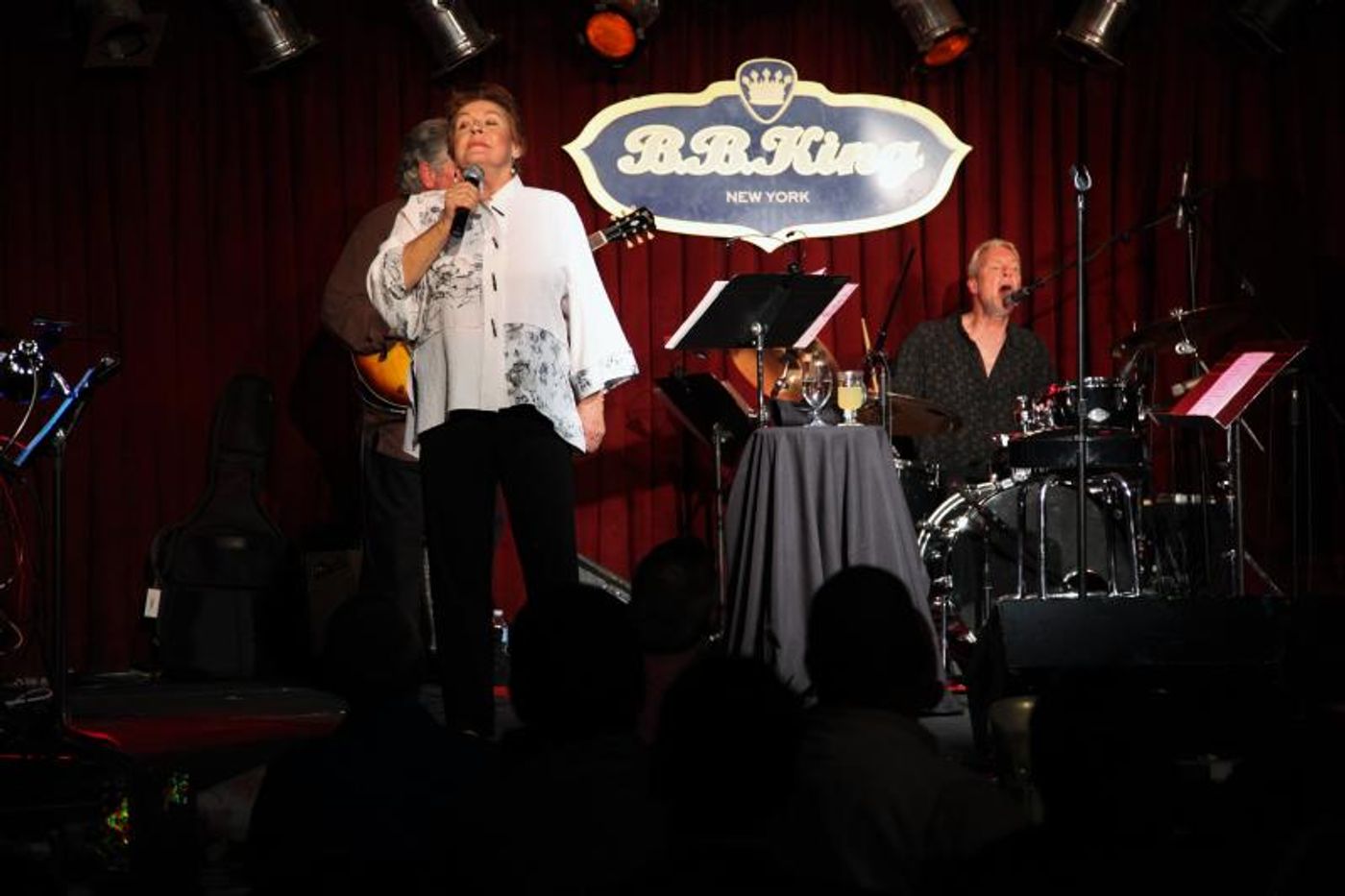
That is why, on this day, I am playing my Helen Reddy playlist - on my phone, on the family Alexa, on the job Pandora station - and I am smiling. Because though Helen Reddy is no longer on this plane, she has left behind, for many, a roar that will be heard for all time.
All photos by Stephen Mosher
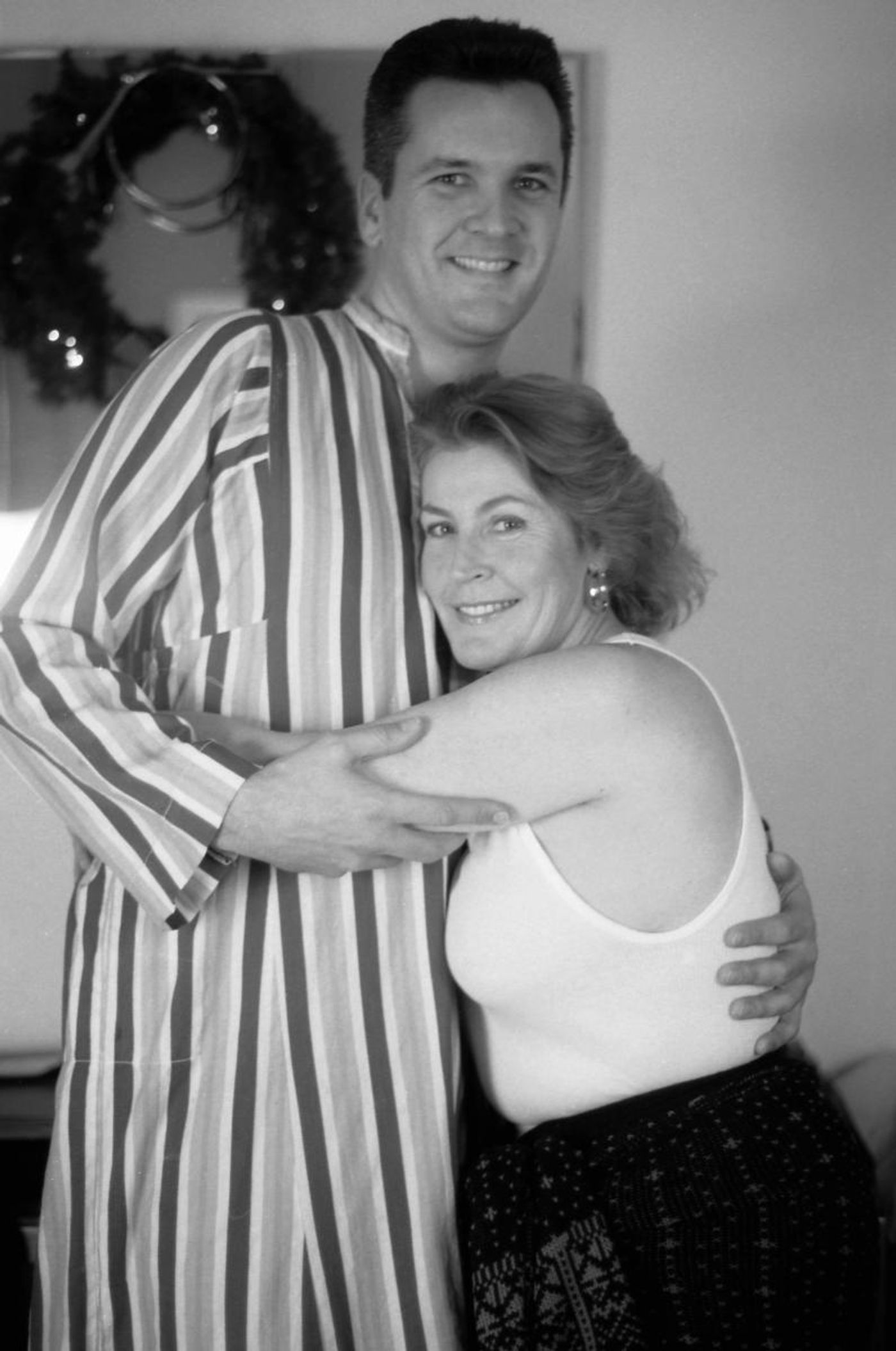
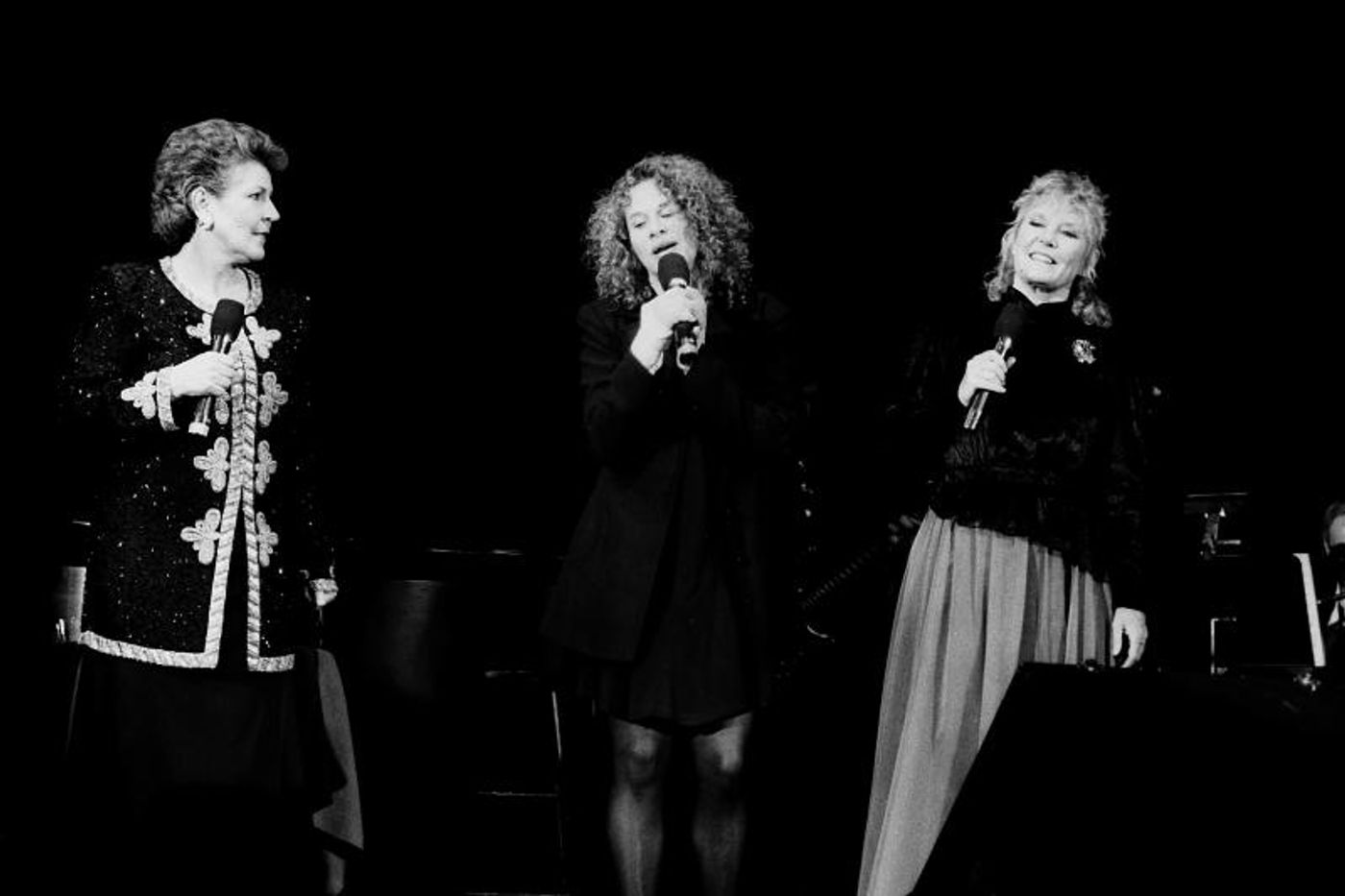
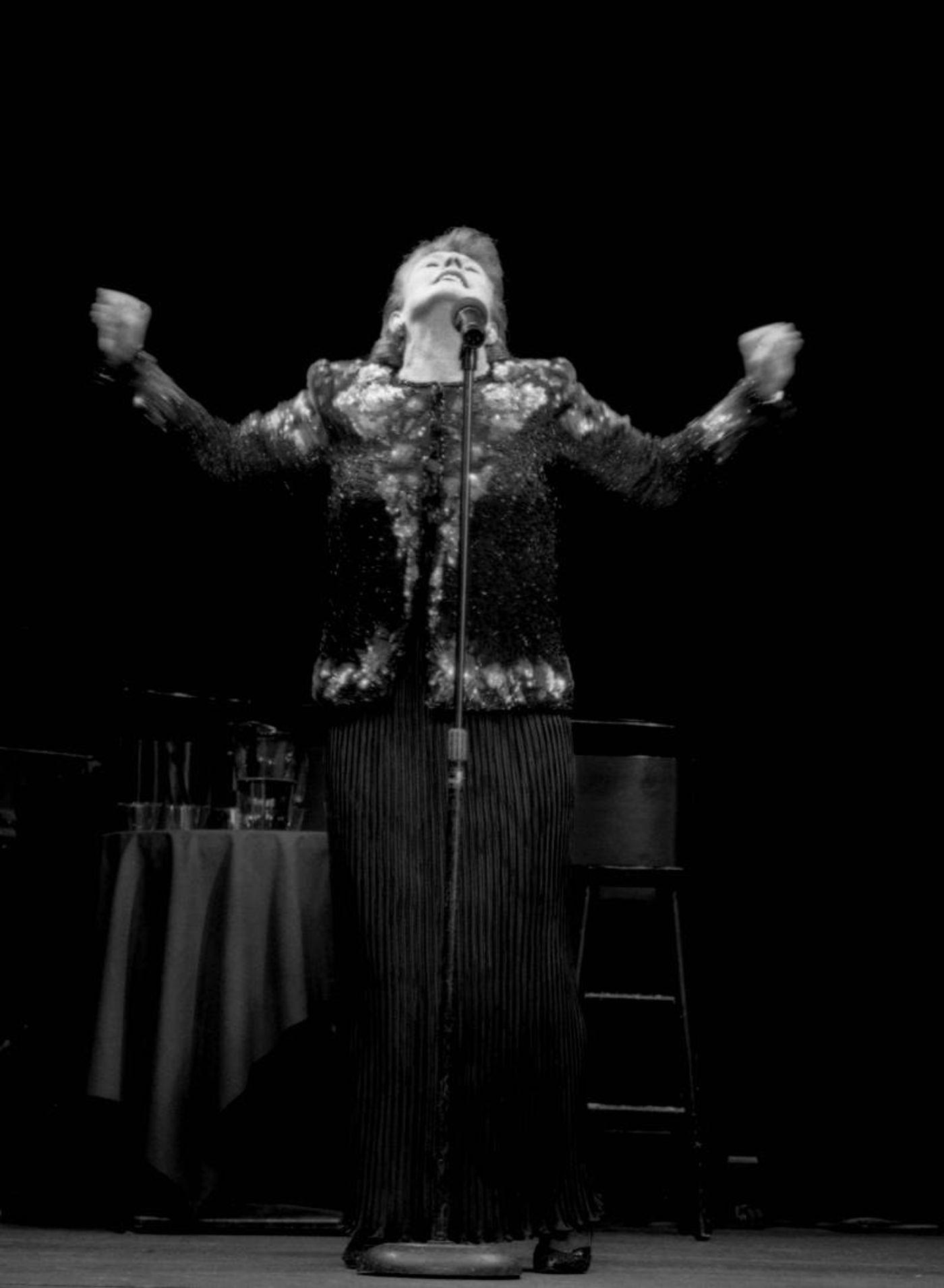
Videos

